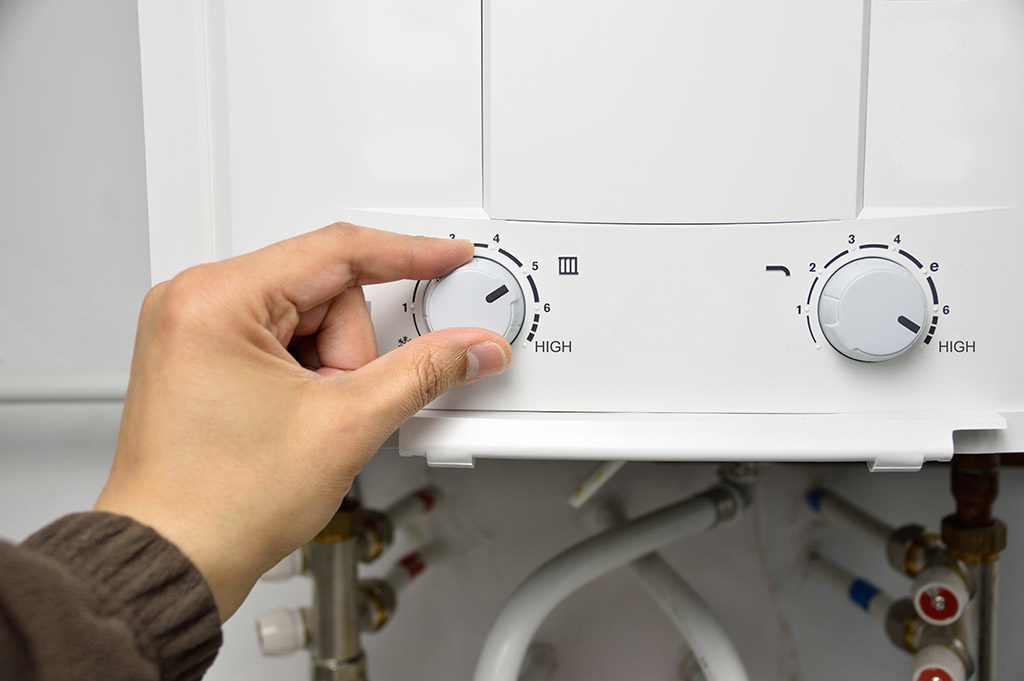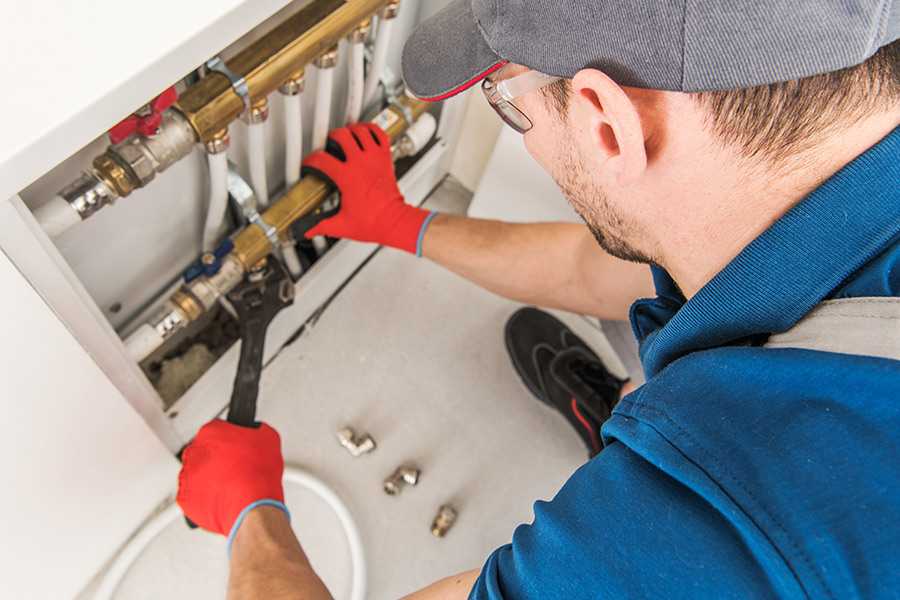On this page below you might get a good deal of sound insight pertaining to Warning Signs You Need Water Heater Repairs.

A water heater is just one of the most crucial basic devices that can be located in a house. With water heaters, you do not require to go through the tension of home heating water by hand each time there is a need to wash, do the laundry, or the recipes. Nevertheless, there is always an opportunity that your water heater would certainly act up similar to many mechanical devices.
It is essential to keep in mind any little malfunction and also tackle it quickly before points leave hand. Most times, your water heater begins to malfunction when there is an accumulation of debris as a result of continuous use. As a safety measure, regular flushing of your hot water heater is recommended to avoid debris build-up and prevent functional failure.
Usual water heater emergency situations and also how to manage them
Insufficient hot water
Taking care of a not enough supply of hot water can be discouraging. It might be that the hot water heater can not sustain the hot water demand for your house. To manage this issue, you can try to readjust your heater's temperature dial as well as await a few minutes. You can ask for the assistance of a professional plumber if the trouble continues. Conversely, you might update your water heater to one with a larger ability.
Rising and fall water temperature level.
Your water heater can start creating water of various temperature levels typically ice hot or cool warm. In this circumstance, the first thing you do is to ensure that the temperature is set to the wanted degree. If after doing this, the water temperature maintains altering throughout showers or various other activities, you might have a damaged thermostat. There could be a demand to replace either the heating or the thermostat unit of your hot water heater.
Leaking hot water heater storage tank.
In this situation, you should transform off your water heating unit, enable it to cool down, as well as thoroughly look for the source of the trouble. At times, all you need to do is to tighten up a few screws or pipeline connections in cases of minor leaks. If this doesn't function as well as the leak continues, you might need to employ the services of a professional for an appropriate substitute.
Tarnished or odiferous water
When this happens, you need to understand if the concern is from the container or the water source. If there is no amusing smell when you run cold water, then you are certain that it is your water heater that is damaged. The odiferous water can be brought on by corrosion or the buildup of microorganisms or debris in the hot water heater storage tank. When you discover this, you can try flushing out your tank or replacing the anode if the trouble lingers. The function of the anode is to clean out microorganisms from your storage tank. Since the anode pole replacement needs an extensive expertise of your water heating unit, you will certainly need the aid of an expert.
Final thought
Some homeowners neglect little caution and minor faults in their water heater system. This just brings about further damage as well as a possible total failure of your device. You should deal with your water heater faults as quickly as they come near stay clear of even more expenditures and also unneeded emergency difficulties.
With water heating units, you don't need to go via the stress and anxiety of home heating water manually every time there is a need to take a bath, do the washing, or the meals. It may be that the water heater can not support the warm water demand for your house. Your water heating system might start generating water of different temperature levels normally ice cold or hot hot. If there is no amusing smell when you run chilly water, after that you are specific that it is your water heating unit that is damaged. The smelly water can be caused by corrosion or the build-up of bacteria or debris in the water heater tank.
Water Heater Burst: Why This Happens And What To Do Next
Water Heater Explosion Warning Signs
Since storage water heaters are made of metal and store large volumes of heated water, they carry an increased risk of leaking or even exploding as they begin to rust at the fittings and seams over time. If the thermostat controlling the water temperature within the tank is faulty, or if mineral buildup inside the water heater prevents the thermostat from sensing the water’s temperature correctly, the water could become overheated. This will expand its volume within the tank, causing it to press at the tank’s fittings and seams. If these fittings and seams are rusted or corroded, the pressure could result in a leak or even an explosion.
Here are some risk factors and warning signs of an increased risk of water heater leak or explosion:
- Your water heater is more than 10 years old.
- Your water heater makes clanking, banging or rumbling noises as it heats up, indicating that sediment has built up and hardened inside the tank.
- There is visible rust on the outside of the water heater, especially located at the pipe fittings or the seams that run down the tank.
- There is rusty water coming from your water heater, indicating that there may be rust building up inside.
- Your water heater is leaking, which could indicate either a crack somewhere in the tank or a malfunctioning temperature-and-pressure (T&P) relief valve.
What To Do When Water Heater Leaks
If you find water dripping or seeping out of your water heater, or pooling around it, it means your water heater is leaking. If you find a leak, it may be best to call a plumbing professional to diagnose the problem and determine how best to handle it. If you choose to tackle it on your own, there are a few things you can do.
TURN OFF THE POWER
Next, shut off the power to the hot water tank at your home’s electrical breaker box. If you don’t shut off the power, the heating elements within the tank could continue to stay hot, which could pose a fire risk.
If you have a gas-powered water heater, you’ll also need to shut off the gas line leading into the tank.
FIND THE LEAK
Now it’s time to determine where the leak is coming from. Likely locations are the T&P valve, the drain valve or one of the pipes or fittings that feed into the top of the tank. If you see any rust or corrosion on the outside of your water heater’s tank, pipes or fittings, these could also be the source of the leak.
REPAIR THE LEAK
Once you determine the source of your water heater leak, you’ll have a better idea of what steps you need to take to fix the problem. It may be a simple fix—such as using a wrench to tighten fittings or replacing the T&P valve—but it may be something more complicated. You may even need to drain the tank, remove the water heater and install a new one.
https://www.abchomeandcommercial.com/blog/water-heater-burst/

I am just very involved in The Importance of Water Heater Maintenance and I'm hoping you enjoyed reading our blog entry. If you enjoyed reading our blog post plz do not forget to share it. Thank you for going through it.
The best? Call us!
Comments on “Handling the Frequently Encountered Water Heater Emergencies”